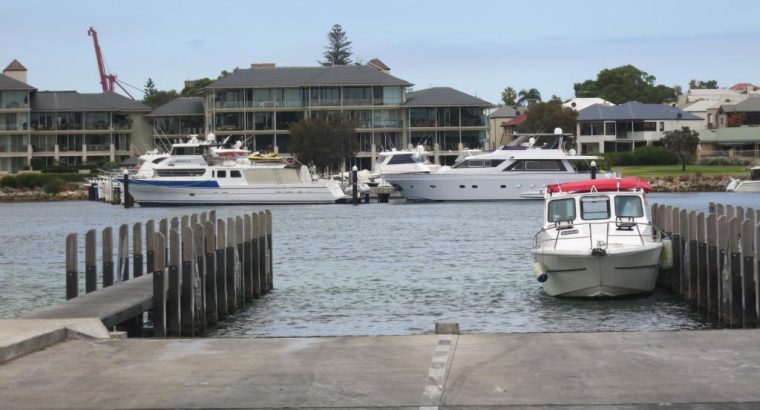5 Ways to Obtain Perfect Boating License in Australia
5 Ways to Obtain a Boating License in Australia
Suppose you’ve ever imagined sailing the tremendous Australian seas. In that case, experiencing the excitement of the wind in your hair, reveling in the freedom of boating, and then earning a boating license is necessary to make that dream a reality.
This comprehensive guide will give you vital insights and advice on acquiring a boating license in Australia. Following these rules will help you get the information and abilities to navigate the waters safely and legally.
What is a Boating License
Let’s acknowledge the importance of this document before discussing license acquisition. A license verifies your watercraft safety and responsibility. It proves you know boating laws, navigation, safety, and emergencies. A boating license is required in most Australian states and territories to comply with the law and avoid steep fines.
Step 1: Familiarize Yourself with State-Specific Requirements
Australia has many states and territories, and each has its own rules and standards for boat licenses. So, the first thing you should do to get your license is learn all about your state’s regulations and requirements. To get correct and up-to-date information, start by going to the maritime authority website in your state. With this information, you can take the following steps with confidence and understanding.
Step 2: Enroll in a Boat and Personal Watercraft (PWC) License Course
When you fully understand what your state needs, it’s time to sign up for a Boat and Personal Watercraft (PWC) license school. These classes aim to give you all the information and hands-on experience you need to operate a vessel safely. They go over many topics, such as fishing laws and rules, navigating, using safety gear, what to do in an emergency and more.
It is crucial to locate a training provider with a good reputation who has the approval of your state’s maritime authority. These approved providers offer a range of flexible learning options, such as in-person and online classes, so you can pick the one that works best for your schedule and the way you like to learn. Course lengths can be different, but they usually include classroom work and hands-on training on the water.
Step 3: Pass the Boating License Examination
You have to pass a boating license test to show that you understand what you learned in the course after you finish the course you chose. The test usually has multiple-choice questions to see how much you know about many things, like boating laws, navigational aids, right-of-way rules, and other vital subjects.
Give yourself enough time to properly study the course material to improve your chances of success. You might want to take practice tests to get used to the format of the questions and see how ready you are. If you can connect what you know to the subject your state’s marine authority has listed, you’ll be better prepared to answer test questions correctly and confidently.
Step 4: Practical Assessment and Boat Handling Skills
Some states could also need a practical evaluation of your boat’s operating abilities in addition to the academic test. This evaluation proves your competence to handle a vessel, conduct basic maneuvers, and adequately implement safety protocols. To increase your cha

Practicing your boat-handling abilities for a successful assessment outcome before the evaluation would be best.
Consider seeking practical training opportunities through boat rental services or local boating clubs. Practicing docking, anchoring, and emergency stop maneuvers will enhance your proficiency and confidence in real-world scenarios. Remember, the more you practice, the more refined your skills become.
Step 5: Applying for Your Boating License
Once you pass the test and any needed practice tests, you can apply for your boating license. Visit the website of the marine authority in your state to get an application form or find out if you can send an application online. Make sure to include all the necessary information and supporting documents, like proof of identity and course completion certificates, when filling out the application.
To finish your application, follow the steps to send in the required payments, which vary by state. The Marine Authority will carefully review your application to ensure it meets all the requirements. To get a license will be given after a good review, which will be an exciting turning point in your journey.
When you go boating, you should always put safety first by following the rules, checking the weather, having the proper safety gear, and driving your boat correctly. Regularly improving your skills and knowledge will help you have a fun and safe time fishing.
N.B: Collected Picture and Information
